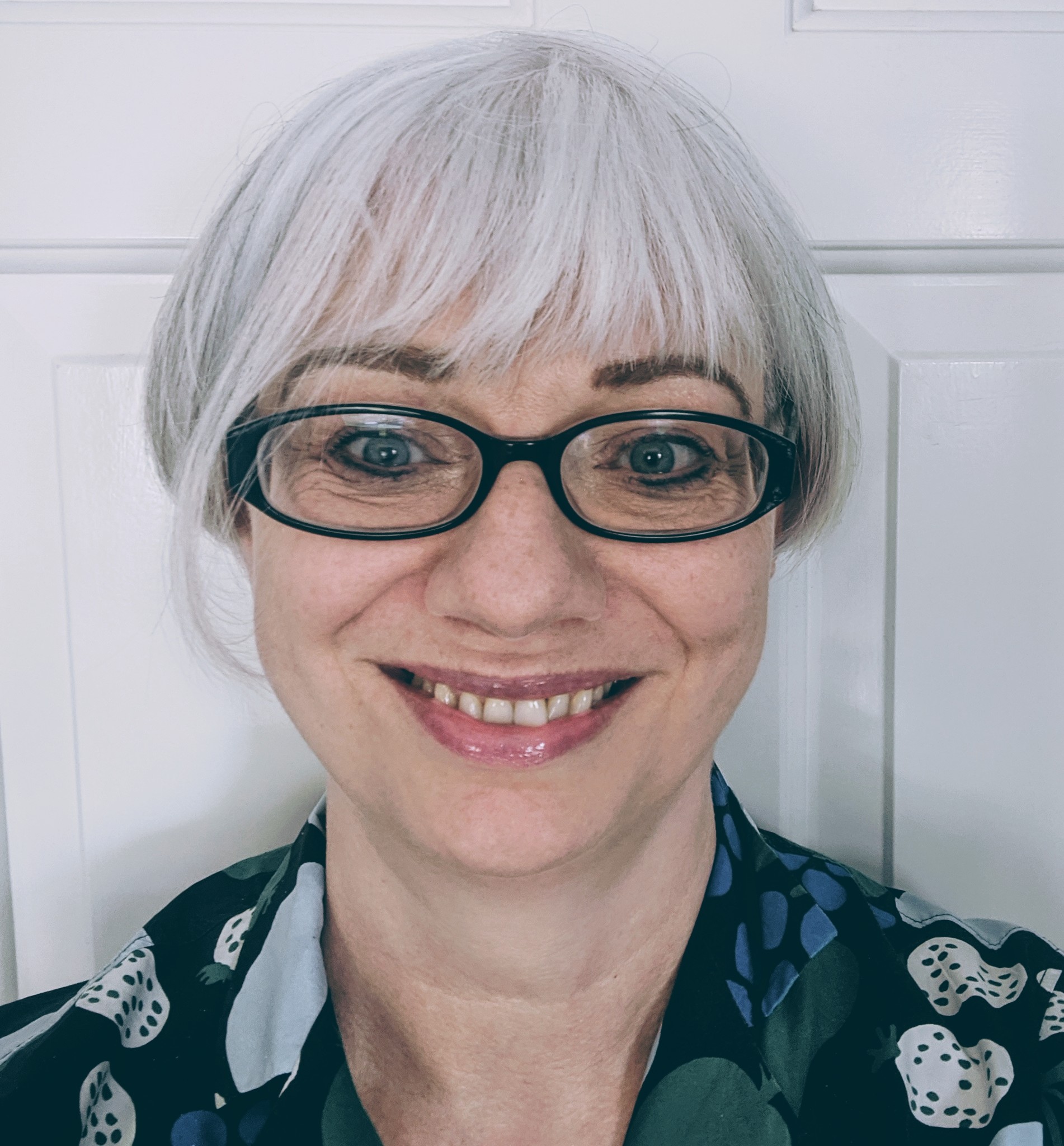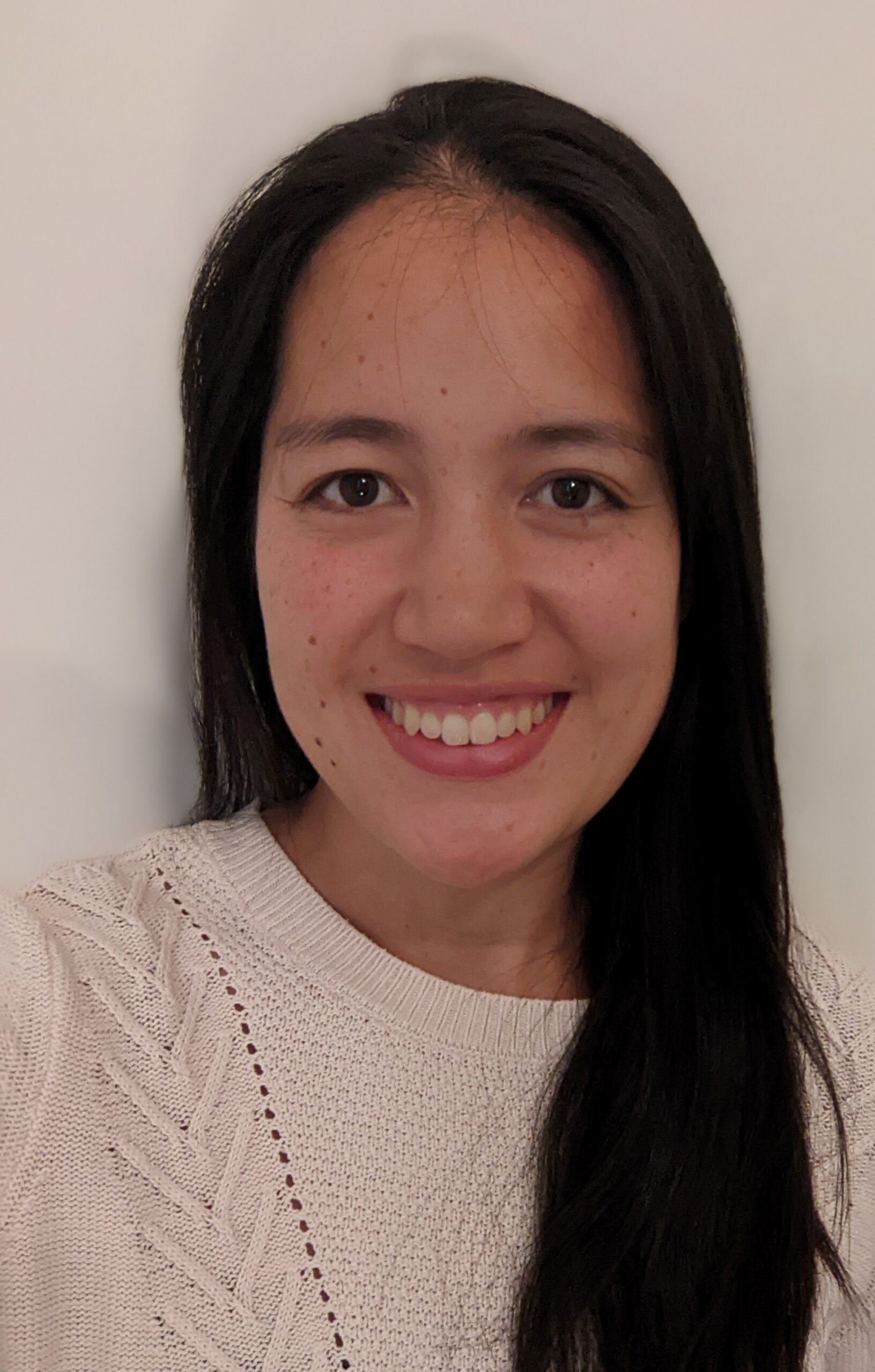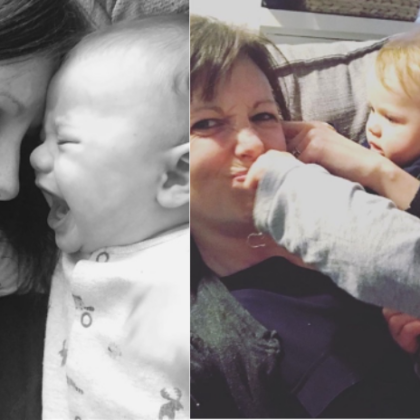Overcoming therapists’ worries around treating PTSD following rape: the creation of a ‘how to’ guide for therapists.
The April BABCP Article of the Month is from the Cognitive Behaviour Therapist and is entitled “How to treat someone suffering with PTSD following rape in adulthood” by Kerry Young Sameena Akbar, Francesca Brady, Sophie Burrows, Zoe J. Chessell, Amy Chisholm, Lucinda Dixon, Menah Raven Ellison, Nick Grey, Emily Hall, Fareeha Khan, Deborah Lee, Reem Michael, Alice Paton, Helen Penny, Anna Roberts, Khadija Rouf, Glorianne Said, Karina Soubra, Craig Steel, Courtney Stich, Millay Vann, Tamina Wells and Savani Bartholdy.
From our team’s experience of supervising CBT therapists around the UK, we noticed that there was a lot of anxiety about working with rape. This is very understandable – there are many myths about what therapists should and should not do, as well as having to discuss topics that are uncomfortable. We know that this leads to uncertainty amongst therapists and can result in them avoiding doing the trauma-focused work. This is such a shame, as good therapy can turn around the life of a rape survivor with PTSD.
We had previously written a ‘how to’ guide for using CBT to work with feelings of guilt in PTSD (Young et al., 2021) and were invited to write a similar guide to support therapists in using CBT to treat PTSD after rape. We wanted to show therapists in detail how to do this treatment, to help them to see that it is possible to work effectively with survivors of rape.
Ahead of writing, we conducted an informal survey of therapists in NHS Talking Therapies about their experiences using CBT to treat PTSD after rape, and the aspects with which they felt least confident. This helped us to better shape what we covered in the paper.
This work is a collaborative effort between 24 clinicians working in specialist PTSD services and High Intensity CBT Therapists. Our aim is to help CBT practitioners to feel more confident in delivering effective trauma-focused CBT for survivors of rape and sexual assault. As such, we decided to focus this paper on working with single incident rape in adulthood, to establish strong foundational skills before addressing the adjustments needed for working with complexity. However, much of what is discussed in the paper will still be applicable to childhood sexual abuse, multiple/prolonged traumas, or working with children. We have signposted to further resources for working with complexity for the moment and intend next to write a guide for working with PTSD following childhood sexual abuse.
The article outlines how to work with PTSD using Ehlers and Clark’s (2000) Cognitive Therapy for PTSD (CT-PTSD). We describe in detail how to deliver the treatment, making use of a fictional case example to help the readers understand each stage of the treatment. The best bit is that the paper also has links to films we made, demonstrating all the techniques, in real time. We also discuss how to deal with common myths about rape, working with self-blame, legal, social, cultural and interpersonal considerations. Finally, we provide some ideas about how therapists can look after themselves when working with memories of rape.
We fully believe what we have said in our take home message from the paper – “Helping someone to stop reliving being raped is a worthy way to spend your time as a therapist”. This can be a lifechanging treatment, and the model has a substantial evidence base. Our hope is that clinicians will feel encouraged and empowered to do this work, armed with the psychoeducation, skills and resources needed.
From Richard Thwaites, Editor-in-Chief of tCBT: Why I chose this article
Recent UK data shows that 1.9 million people over 16 have been raped (7.7% women and 0.2% men). This is a shocking and disturbing statistic, and reflects a wider societal issue that requires addressing in a range of way. However as CBT therapists it is incumbent on us to develop the knowledge, skills and confidence to help people effectively deal with PTSD when this occurs following a rape. This paper is a fantastic example of the detailed and practical clinical guidance papers we are keen to publish and I have no doubt that it will make a differences to the experiences of people receiving CT-PTSD following a rape. So please share widely across your networks.
Author Bios:

Kerry Young is a Consultant Clinical Psychologist and Clinical Lead of the Woodfield Trauma Service in London, UK, a leading centre for the treatment of asylum seekers and refugees suffering from PTSD. She also works at the Oxford Rose Clinic, a service for the medical and psychological treatment of women who have experienced Female Genital Mutilation. She has advised the UK government on how to train clinicians to work with refugees, PTSD and Complex PTSD. She trains nationally and internationally on how to treat PTSD, Complex PTSD and working with refugees and asylum seekers.

Savani Bartholdy is a clinical psychologist at Combat Stress, a veteran’s charity providing specialist support for military veterans experiencing PTSD relating to their military service. Alongside her clinical work she works as a lecturer and research tutor on the Doctorate in Clinical Psychology at Royal Holloway, University of London.






